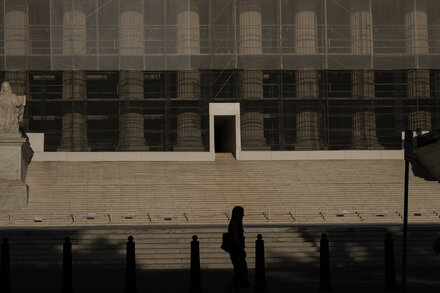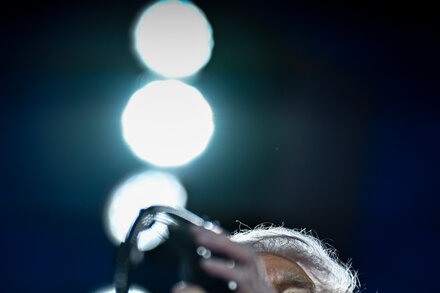In an increasingly digitized world often characterized by constant alerts and notifications, a new perspective suggests a return to classical music, specifically the works of composers like Ludwig van Beethoven, as a potential antidote to modern digital overload.
Pianist and author Jonathan Biss, in a recent opinion piece, posits that immersing oneself in the structured and demanding nature of classical music can offer a unique form of respite from the pervasive “dings and beeps” of contemporary life. The argument centers on the idea that the focused attention required to engage with a symphony or sonata provides a stark contrast to the fragmented attention fostered by digital devices.
The Case for Musical Immersion
Biss’s view highlights the concept of “deep listening” – a practice he suggests is increasingly rare in an era of endless scrolling and multi-tasking. He argues that the sustained engagement demanded by a live concert, for example, can serve as a powerful form of mental detoxification, allowing the mind to concentrate on a single, complex stimulus without interruption.
“In a world clamoring for our attention from every screen and pocket, the profound silence between movements, the arc of a Beethoven symphony, or the intricate conversation within a string quartet offers not just entertainment, but a crucial opportunity for cognitive recalibration,” Biss reportedly stated in his piece. “It’s about reclaiming a space for uninterrupted thought, guided by genius.”
The opinion piece delves into the specific qualities of classical music that make it particularly suited for this purpose. The absence of lyrics in instrumental works, for instance, can prevent the mind from wandering into narrative interpretation, instead encouraging a focus on structure, harmony, and emotional depth. Furthermore, the often-extended duration of classical pieces necessitates a commitment of time, fostering a sense of patience and sustained engagement that counters the instant gratification cycles prevalent online.
Beyond the Concert Hall
While live performances are presented as the ideal setting for this immersion, Biss’s argument extends to encouraging a more deliberate engagement with classical music in any setting, suggesting it can serve as a personal refuge from digital demands. The act of choosing to listen intently to a piece, free from the urge to switch tasks or check a device, is presented as a small but significant act of rebellion against the digital current.
The premise suggests that by consciously seeking out experiences that demand singular focus, individuals might cultivate a greater capacity for concentration and reduce the mental fatigue associated with constant digital stimulation. This approach offers a cultural perspective on managing the pervasive influence of technology, proposing that the arts, particularly classical music, hold a key to fostering mental well-being in the digital age.
Source: Read the original article here.





